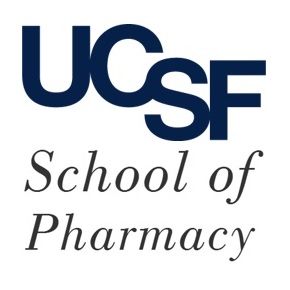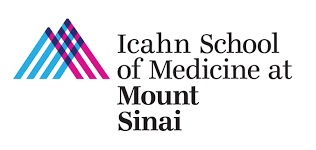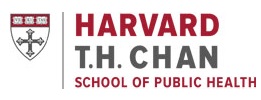Submitted by ja607 on
| Title | Operating characteristics of the rank-based inverse normal transformation for quantitative trait analysis in genome-wide association studies. |
| Publication Type | Journal Article |
| Year of Publication | 2020 |
| Authors | McCaw, ZR, Lane, JM, Saxena, R, Redline, S, Lin, X |
| Journal | Biometrics |
| Volume | 76 |
| Issue | 4 |
| Pagination | 1262-1272 |
| Date Published | 2020 12 |
| ISSN | 1541-0420 |
| Abstract | Quantitative traits analyzed in Genome-Wide Association Studies (GWAS) are often nonnormally distributed. For such traits, association tests based on standard linear regression are subject to reduced power and inflated type I error in finite samples. Applying the rank-based inverse normal transformation (INT) to nonnormally distributed traits has become common practice in GWAS. However, the different variations on INT-based association testing have not been formally defined, and guidance is lacking on when to use which approach. In this paper, we formally define and systematically compare the direct (D-INT) and indirect (I-INT) INT-based association tests. We discuss their assumptions, underlying generative models, and connections. We demonstrate that the relative powers of D-INT and I-INT depend on the underlying data generating process. Since neither approach is uniformly most powerful, we combine them into an adaptive omnibus test (O-INT). O-INT is robust to model misspecification, protects the type I error, and is well powered against a wide range of nonnormally distributed traits. Extensive simulations were conducted to examine the finite sample operating characteristics of these tests. Our results demonstrate that, for nonnormally distributed traits, INT-based tests outperform the standard untransformed association test, both in terms of power and type I error rate control. We apply the proposed methods to GWAS of spirometry traits in the UK Biobank. O-INT has been implemented in the R package RNOmni, which is available on CRAN. |
| DOI | 10.1111/biom.13214 |
| Alternate Journal | Biometrics |
| PubMed ID | 31883270 |
| Grant List | R01 HL113338 / HL / NHLBI NIH HHS / United States U01 HG009088 / HG / NHGRI NIH HHS / United States F31 HL140822 / NH / NIH HHS / United States P01 CA134294 / CA / NCI NIH HHS / United States U19 CA203654 / CA / NCI NIH HHS / United States MC_PC_12028 / MR / Medical Research Council / United Kingdom MC_PC_17228 / MR / Medical Research Council / United Kingdom MC_QA137853 / MR / Medical Research Council / United Kingdom R35 HL135818 / NH / NIH HHS / United States R35 CA197449 / NH / NIH HHS / United States |





